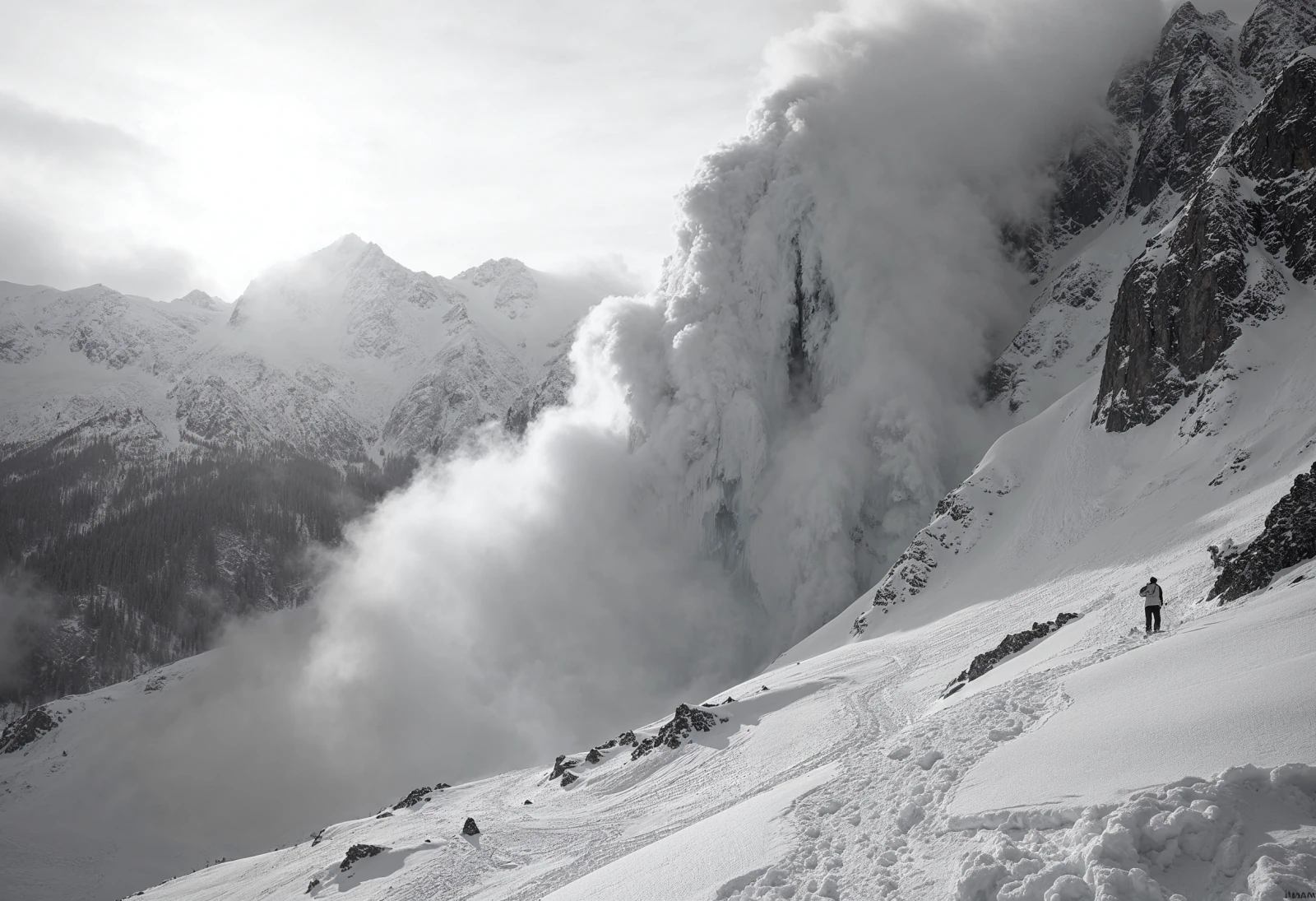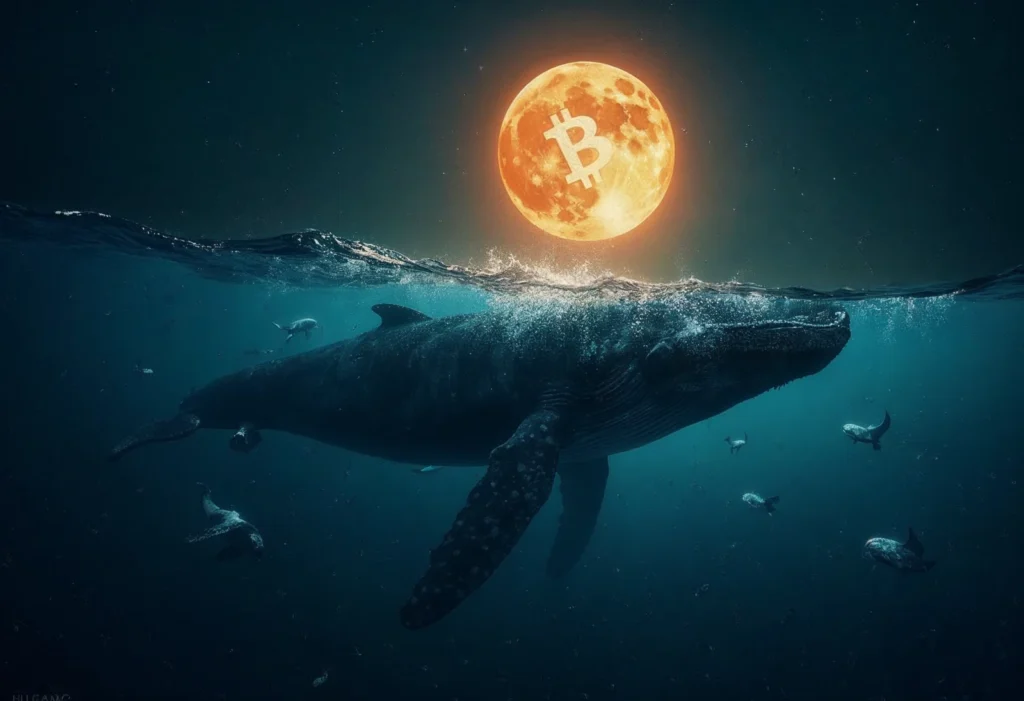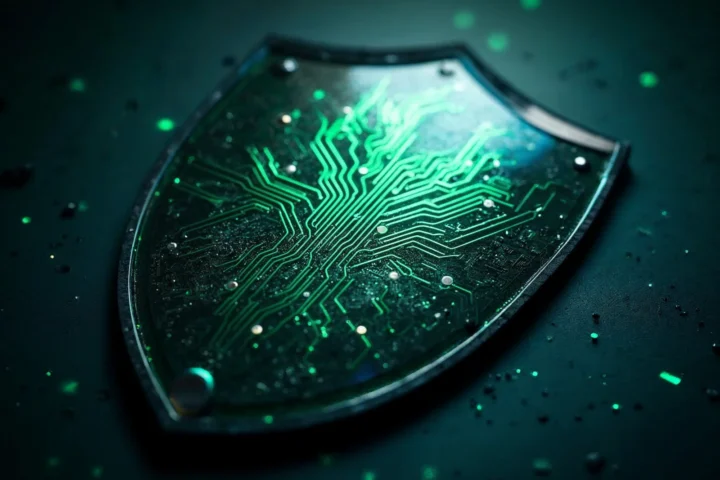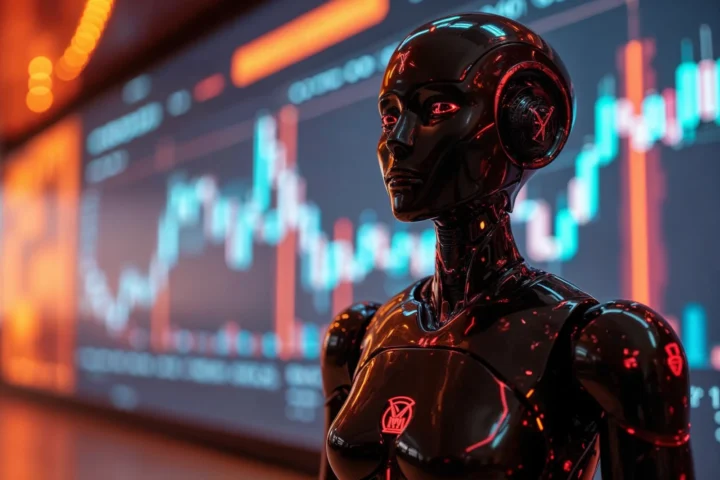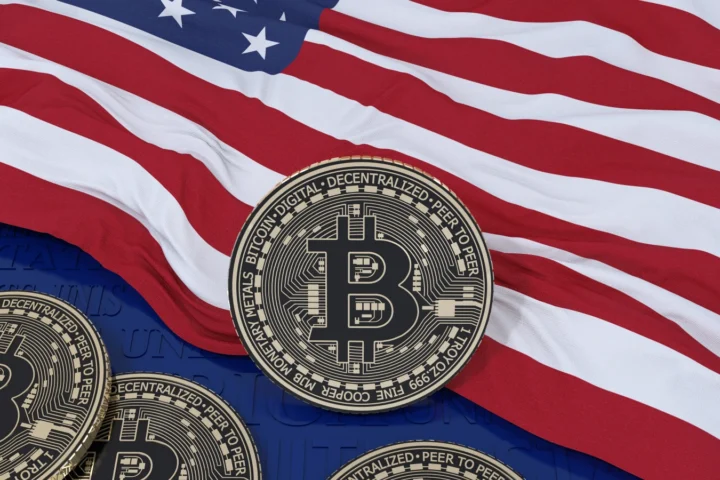Avalanche science has a concept called a “Persistent Weak Layer” (PWL), a hidden layer of snow that remains unstable for an extended period, increasing the risk of a catastrophic event. Similarly, the post-WW2 geopolitical situation in the Middle East has created a PWL that threatens global markets. The Israel-Iran conflict is a ticking time bomb that could trigger a massive financial avalanche.
The Delicate Balance of Risk and Reward
As tensions escalate, investors are faced with a difficult choice: take on more risk in the hopes of riding the next leg of the crypto bull market or reduce exposure and sit on cash or US Treasury bonds. The author, Arthur Hayes, is grappling with this decision, weighing the potential benefits of investing in crypto against the risks of a catastrophic event.
Scenario Analysis: Navigating the Uncertainty
Hayes outlines three scenarios:
- Scenario One: The Conflict Fizzles Out – The conflict fizzles out with minimal impact on global markets.
- Scenario Two: The Conflict Escalates – The conflict escalates, leading to the destruction of Middle Eastern oil infrastructure and a potential nuclear attack.
- Scenario Three: A Sharp Rise in Energy Prices – The conflict leads to a sharp rise in energy prices, which would benefit Bitcoin and other cryptocurrencies.
Assessing the Risks to Bitcoin
Hayes analyzes the potential risks to Bitcoin, including:
- Physical Destruction of Bitcoin Mining Rigs: He concludes that even if Iran’s mining operations are destroyed, the global hash rate would recover quickly, and Bitcoin’s price would not be significantly impacted.
- A Dramatic Rise in Energy Prices: Hayes believes that a spike in energy prices would benefit Bitcoin, as it is a store of value and a hedge against inflation.
- Monetary Risks: The author expects the US government to respond to the conflict by increasing borrowing and printing money, which would lead to a rise in Bitcoin’s price.
Conclusion: Navigating the Uncertainty
Hayes concludes that the best course of action is to invest in Bitcoin and other cryptocurrencies, as they are likely to outperform traditional assets in the event of a global crisis. He also advises readers to be cautious and size their positions appropriately, as the market is likely to be volatile.
Trade Carefully
Hayes emphasizes the importance of being prepared for intense price volatility and advises readers to be cautious with their investments. He also notes that not all cryptocurrencies will share in the benefits of a rising market, and some may even decline in value.
Preparing for the Worst-Case Scenario
Hayes advises investors to focus on preserving capital and avoiding financial repression, asset confiscation, and destruction. The best course of action is to get yourself and your family out of harm’s way and invest in assets that will outperform in a crisis.
The Bottom Line
The Israel-Iran conflict is a persistent weak layer that threatens to trigger a global financial avalanche. While there are risks to consider, Hayes believes that Bitcoin and other cryptocurrencies are well-positioned to benefit from the chaos. By understanding the risks and taking a cautious approach, investors can navigate this treacherous landscape and come out on top.
